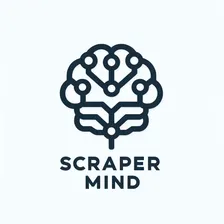Google Search Autocomplete API
Pricing
$5.00/month + usage
Google Search Autocomplete API
[𝗖𝗵𝗲𝗮𝗽𝗲𝘀𝘁 𝗣𝗿𝗶𝗰𝗲] Google Search Autocomplete API: A powerful keyword research tool. Extract keywords with Google search autocomplete scraper. Ideal for bloggers, site owners, and marketers to boost SEO.


